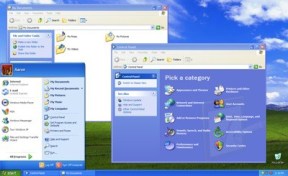
Though the House was not expected to vote on the controversial CISPA legislation until tomorrow, lawmakers approved the bill late on Thursday by a vote of 248 to 168.
206 Republicans voted in favor of CISPA, as did 42 Democrats, while 28 Republicans and 140 Democrats voted against it. Fifteen members did not vote. The full vote tally is available on House.gov.
CISPA now moves to the Senate. The White House has already threatened to veto the bill.
Privacy groups swiftly condemned the move, but bill sponsor Mike Rogers said "America will be a little safer and our economy better protected from foreign cyber predators" thanks to the the Cyber Information Sharing & Protection Act.
CISPA would allow for voluntary information-sharing between private companies and the government in the event of a cyber attack. Backers argue that it's necessary to protect the U.S. against cyber attacks from countries like China and Iran, but opponents say that it would allow companies to easily hand over users' private information to the government.
House members debated the bill for several hours on Thursday, and offered up amendments that dealt with things like Freedom of Information (FOIA) requests, details about which agencies receive private cyber-security information, clarification on certain terms, and more.
ORIGINAL REPORT :
ORIGINAL REPORT :





